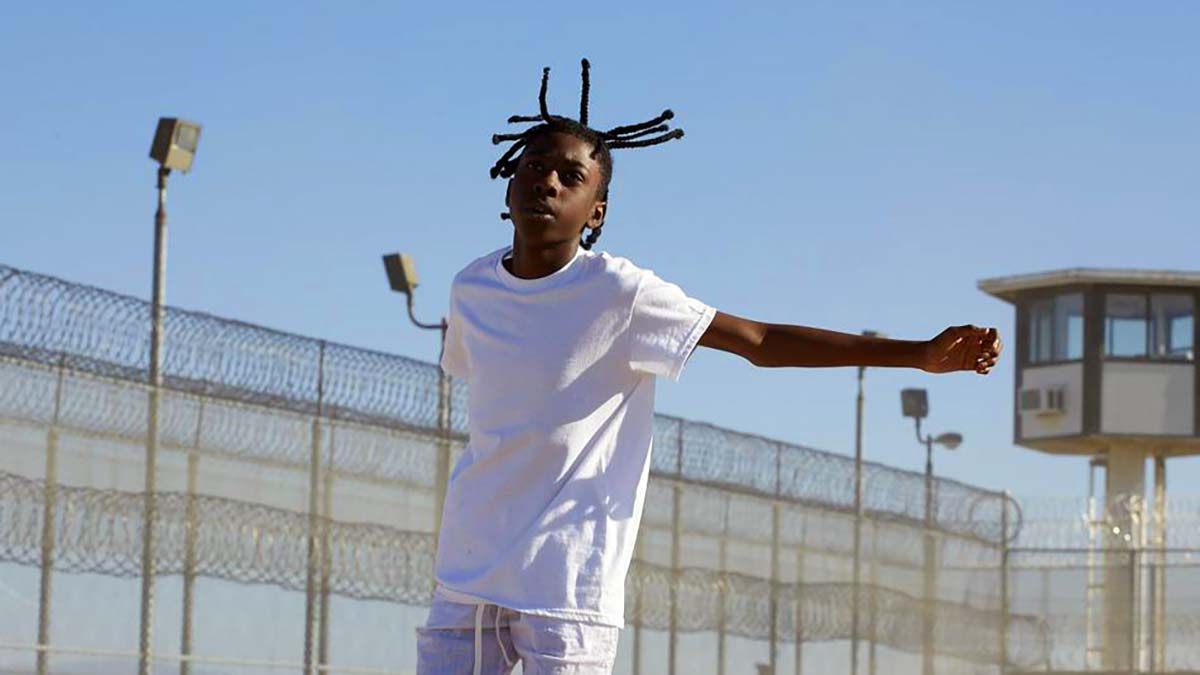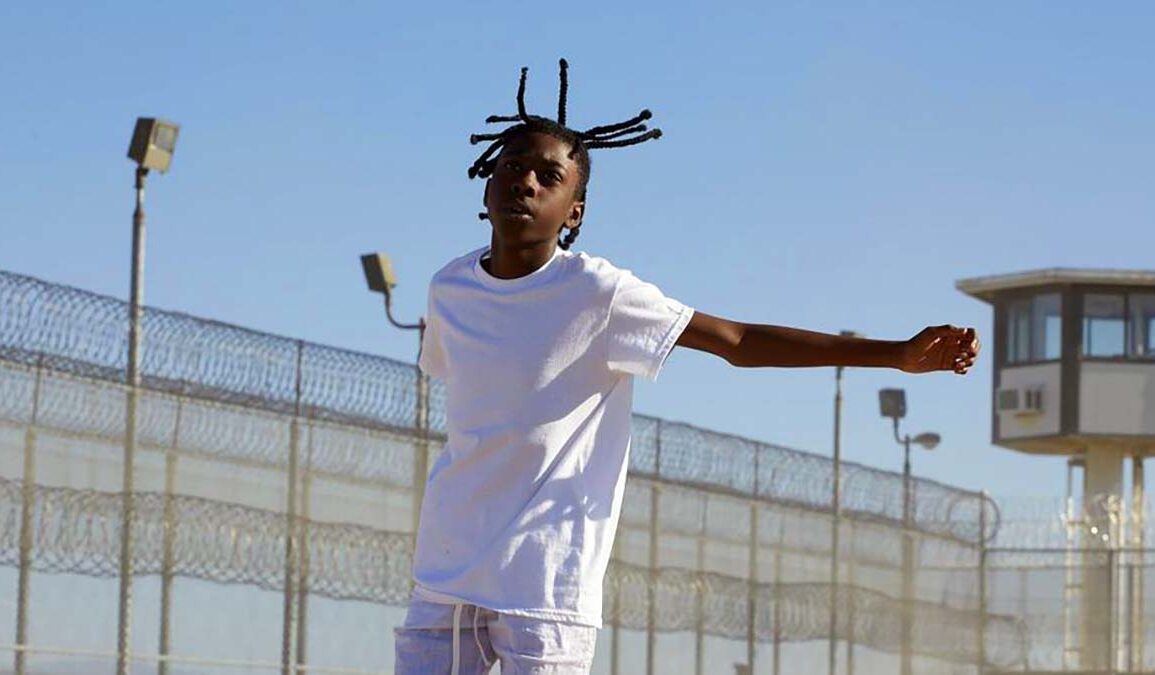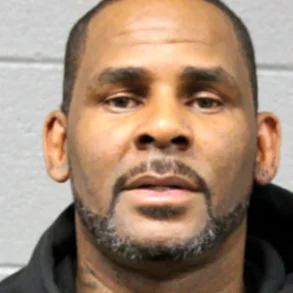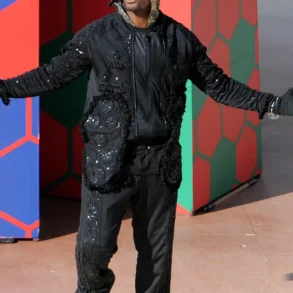
Music, by and large, can be seen as autobiographical; it’s far from uncommon for songwriters not to draw from any number of personal experiences encompassing, say, the lows of heartbreak and loss to life’s triumphs, all of which and more could easily reside within the average person as distant memories but attain a sort of immortality once this narrative is set to music. It could be as trivial a moment as anything the average member of society undergoes with every passing day or something so defining it can’t help but warrant a transformation into song, and when the medium of video uses said music, does it change yet again? “Songs From The Hole” takes a straightforward approach to a sadly familiar, real-life tale, but enough distinctiveness makes its way to the screen that sets it apart from its visual music counterparts.
READ MORE: SXSW 2024 Preview: 21 Films & Shows To Watch
To call this a traditional documentary would hardly be accurate; instead, director Contessa Gayles utilizes interviews interspersed with reenactments set to music to tell the story of James “JJ’88” Jacobs, who in 2004 at the age of 15 was convicted of murder at around the same time his brother, Victor, fell victim in a similar, unrelated act. Receiving a 40-to-life sentence, the film takes the talking heads so signature of many a documentary and places them amongst videos set to the hip-hop Jacobs wrote while incarcerated, where he remains to this day. With poetry to his lyrics that flows as naturally as any mainstream artist and backing beats of equal measure, the film’s use of music video helps elevate it from the realm of the contemporary and moves the 106-minute runtime along.
Looking beyond the soundtrack, the interviews with his family provide significant emotional weight, with his father, William, arguably at the forefront as he expounds about the love he possesses for his son and his craft, with it quickly becoming evident how therapeutic his songwriting has become and how much it means to his fellow inmates. Hearing from his mother Janine and sister Reneasha exudes a similar impact if slightly diminished in terms of screentime, but seeing Jacobs’ fiancée/prison advocate Indigo and the unwavering hope to which she clings can’t help but showcase their loving bond as she works alongside Jacobs’ family to set in motion a possible re-sentencing to commute his years ahead into the possibility of parole. Adding to the unique nature of the film’s structure is the presence of Jacobs himself, or lack thereof; with our central figure yet behind bars, all that exists of Jacobs onscreen is his voice as it echoes from the receiver of a prison phone, scattered around the music videos and family interviews as he acts in the manner of narrator, though hearing the countdown periodically as his calls reach their time limit never fails to remind the audience of what it is that’s happening.
A central theme would undeniably be acceptance, whether in Jacobs’ accepting his fate, the consequences of his actions and the path that brought him here, or his family, as they attempt to do nearly the same. Hearing Jacobs’ muse over time spent in solitary confinement, where his lyrics first took root, and witnessing the skillful way in which his words come to life throughout the numerous video segments with occasional use of animation and the supremely talented cast portraying Jacobs at various years help strengthen the film’s overall effectiveness. Hearing, as much as seeing, the actor playing a young Jacobs discuss the day he was sentenced is a tremendous emotional blow as he turns to his attorney, unable to grasp what has occurred, and asks when he’ll be able to go home, with subsequent imagery of the same actor as he lays in a coffin only to cut seconds later to an older Jacobs within the same coffin act as another means to slam the emotions home. Unfortunately, as much as the film focuses on Jacobs and his loving support network, a noticeable lack of time spent with his victim’s family can’t be ignored. However, the other side of the coin does manifest in the later minutes as Jacobs learns he’s been imprisoned alongside the same man directly responsible for Victor’s death.
What powers “Songs From The Hole” is, unquestionably, the title itself; Jacobs’ lyrics flow with an ability to successfully convey his story in a way that never allows metaphors to overwhelm, instead simply starting from the beginning of his predicament and working his way to the present. It’s here that the film’s strongest moments come to life and bolster the scenes that surround it, all making for a viewing experience unlike anything seen before. With its countless highs overshadowing any shortcomings, it’s possible something exists here for all; whether facing something along these lines or simply working through a dark period, there’s more than enough for everyone to take away. [B+]
This post was originally published on this site be sure to check out more of their content.









